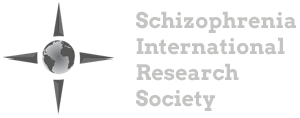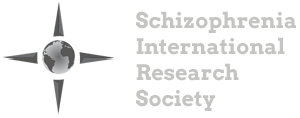-
Views
-
Cite
Cite
Schaub Annette, Falkai Peter, Sixth Kraepelin Symposium—Understanding and Treating Cognitive Impairment and Depression in Schizophrenia and Affective Disorders, Schizophrenia Bulletin, Volume 45, Issue 3, May 2019, Pages 509–511, https://doi.org/10.1093/schbul/sbz003
Close - Share Icon Share
Abstract
The Sixth Kraepelin Symposium was held at the Department of Psychiatry and Psychotherapy, University Hospital, LMU Munich in October 2018, covering reports from 12 working groups (Keith H. Nuechterlein, Ph.D., University of California, Los Angeles; Kim T. Mueser, Ph.D., Center for Psychiatric Rehabilitation, Boston University, U.S.A.; Dominic Dwyer, Ph.D, Hospital LMU, Munich; David Fowler, Ph.D. University of Sussex, Brighton, U.K.; Martin Hautzinger, Ph.D., University of Tübingen; Nikolaos Koutsouleris, M.D., Hospital LMU, Munich; Stephan Leucht, M.D., Technical University Munich, Munich; David Miklowitz, Ph.D., UCLA School of Medicine, Los Angeles. U.S.A.; Cornelius Schüle, M.D., Hospital LMU, Munich; Florian Seemüller. M.D., kbo-Lech-Mangfall Clinics for Psychiatry and Psychotherapy, Garmisch Partenkirchen; Carla Torrent, Ph.D., Institute of Neuroscience, University of Barcelona, Barcelona, Spain.) from the United States and Europe on understanding and treating cognitive impairment and depression in schizophrenia and affective disorders. Current psychological interventions to improve outcome in schizophrenia and affective disorder such as cognitive remediation, illness management, psychoeducational and cognitive therapy were focused on, as were evidence-based psychological and pharmacological treatment options, guidelines for treating cognitive deficits and depression in schizophrenia, Cochrane-meta-analysis of acute therapies, relapse prevention as well as supported withdrawal from medication. Prevention of cognitive dysfunction and symptom exacerbation was approached in terms of machine learning methods to revisit Kraepelin’s illness distinctions, application of new strategies in order to increase the rate of social recovery in patients with first-episode psychosis as well as in terms of state of the art psychosocial interventions for bipolar disorder in adolescents. Finally, the dissemination of information to consumers and the contribution to the reduction of stereotypes in psychiatry was also part of the symposiums aims.






